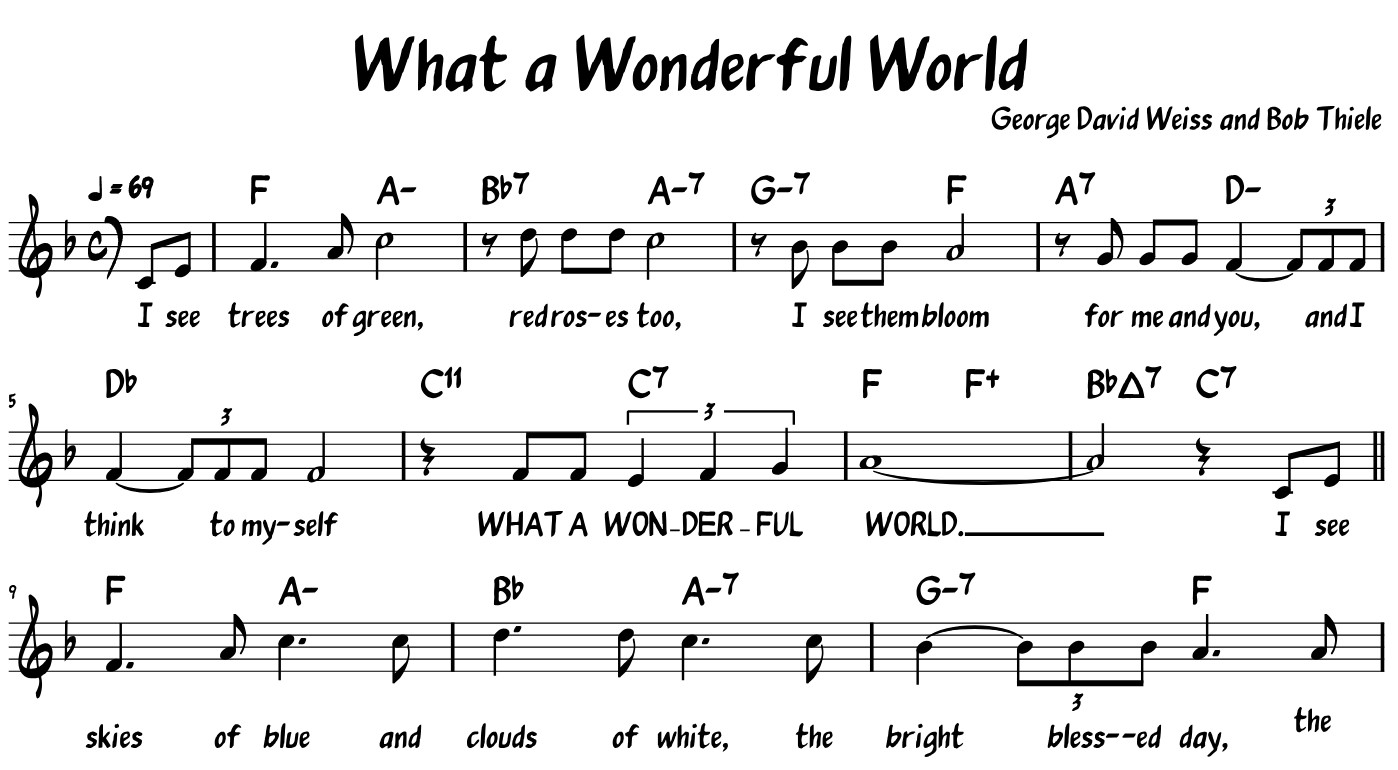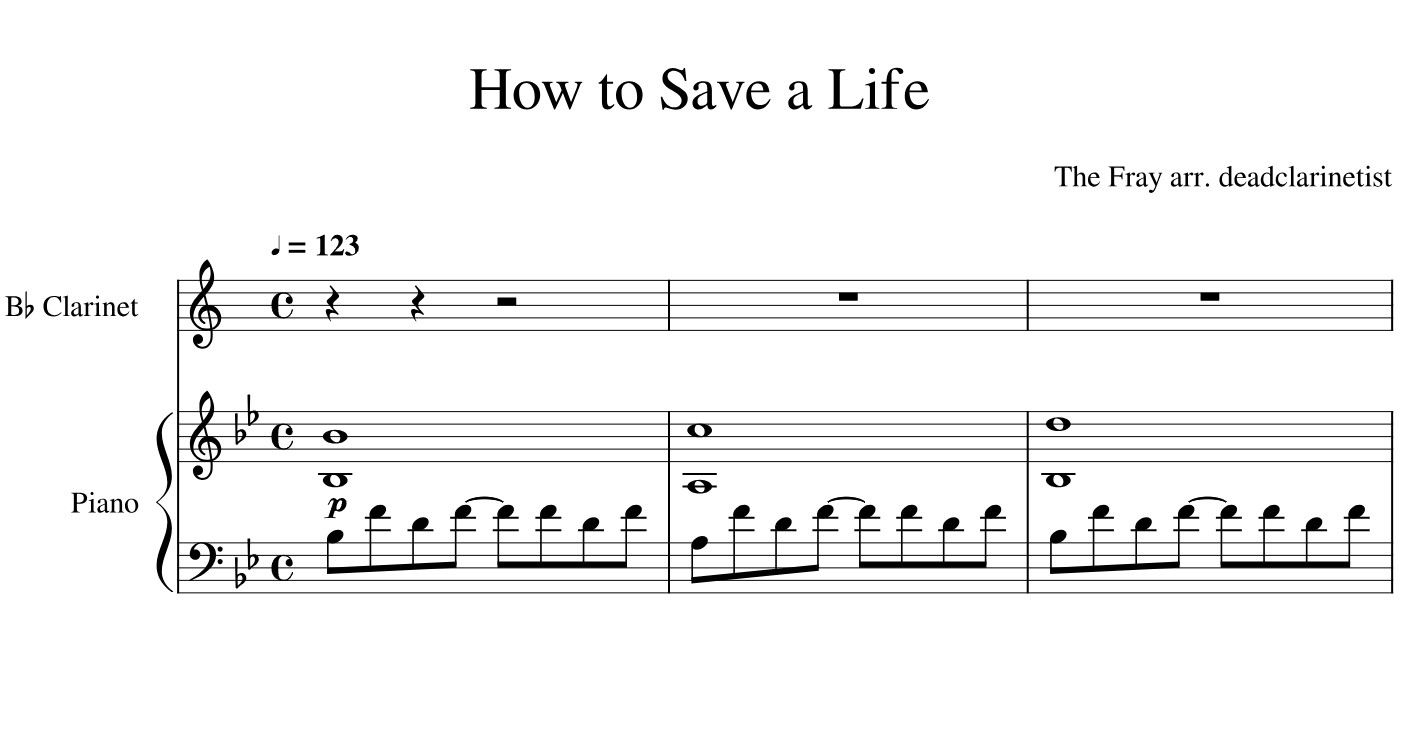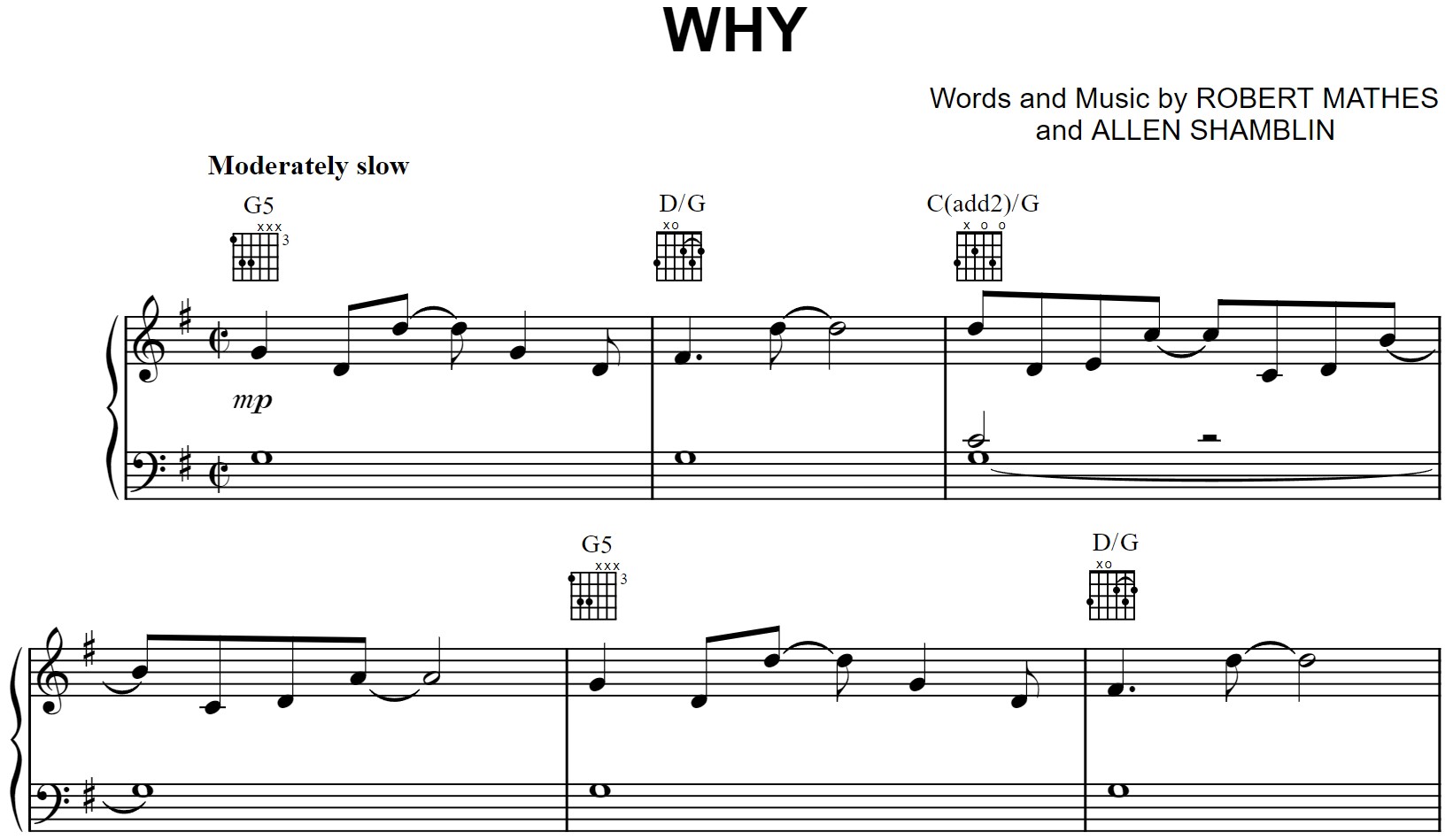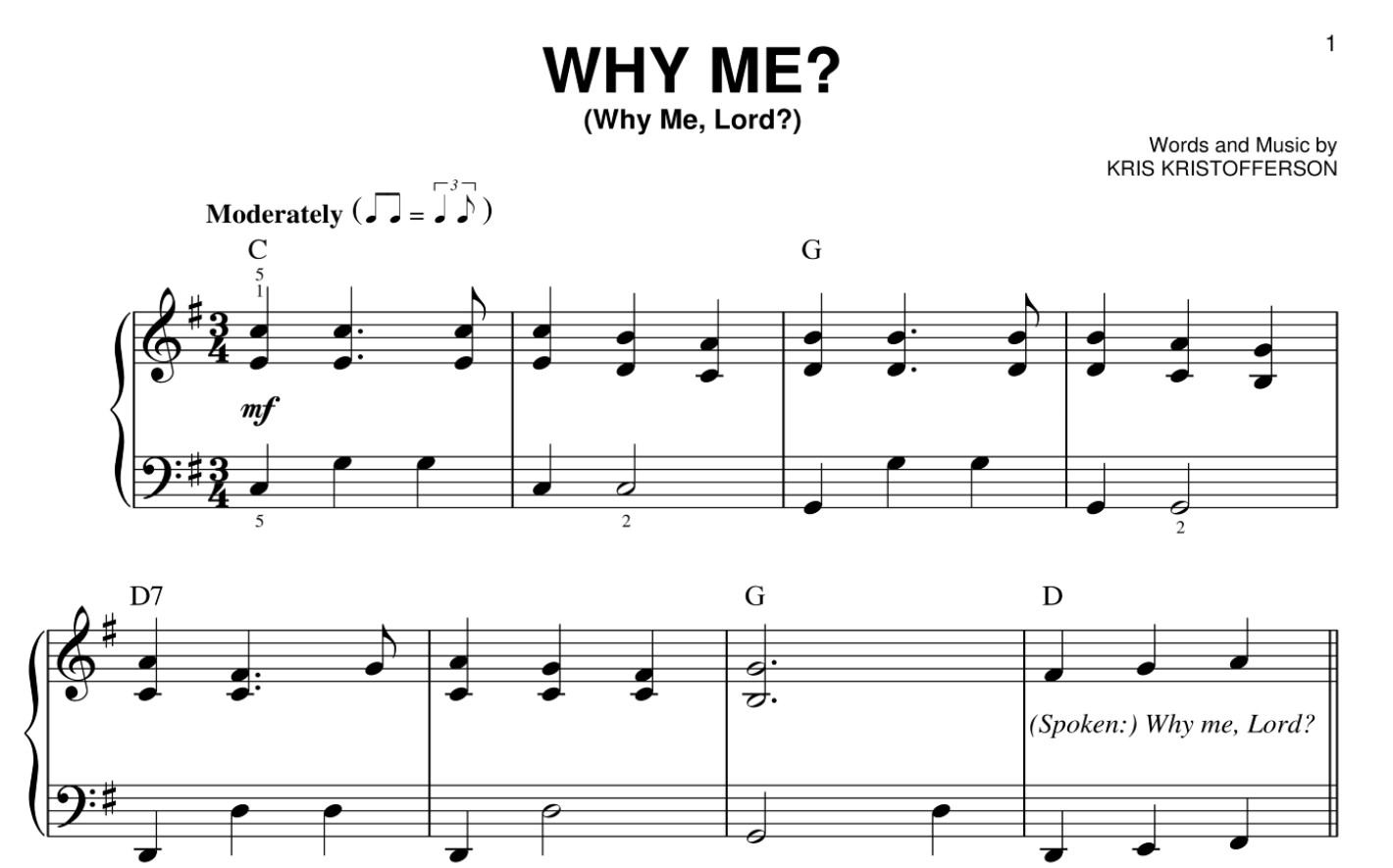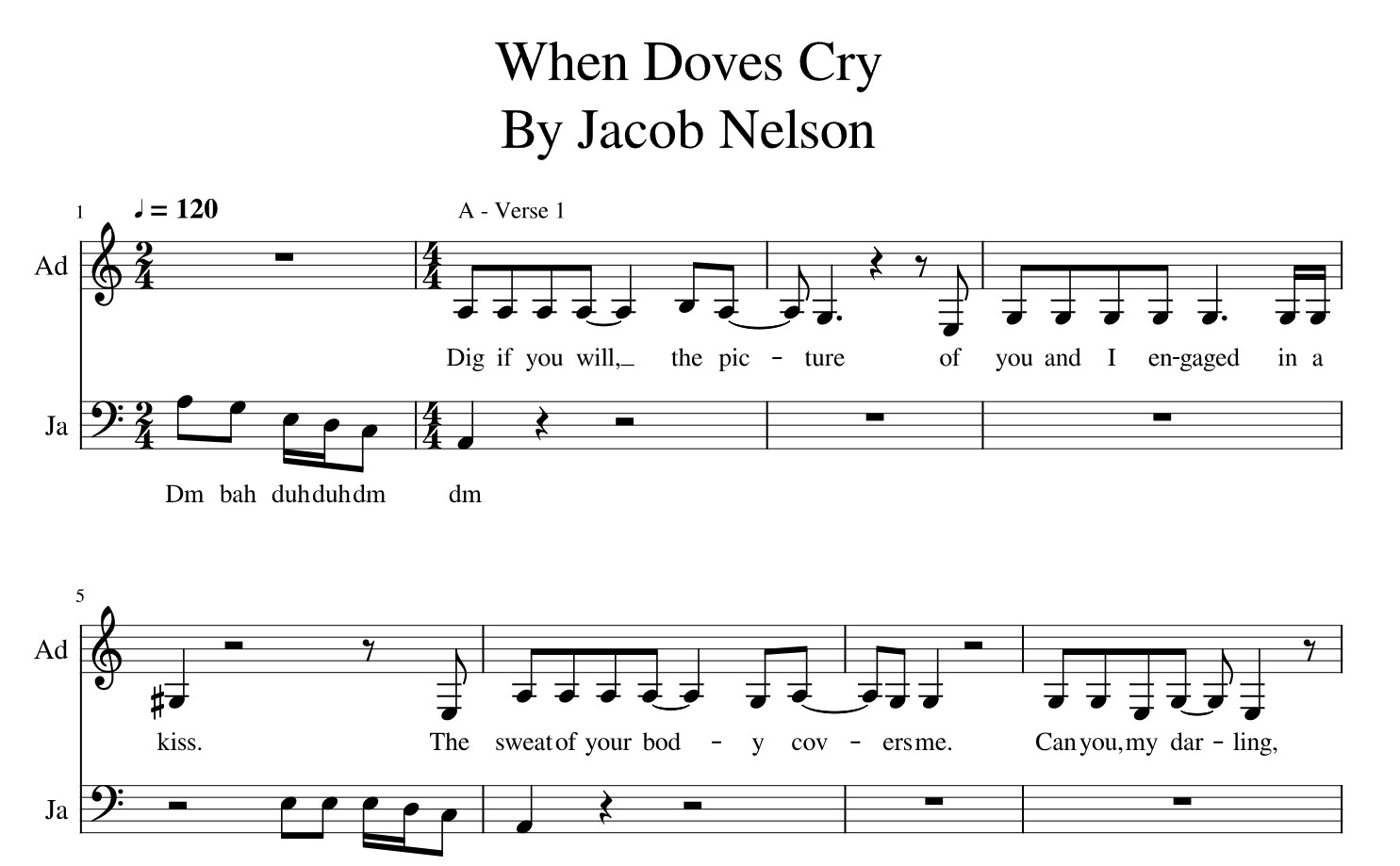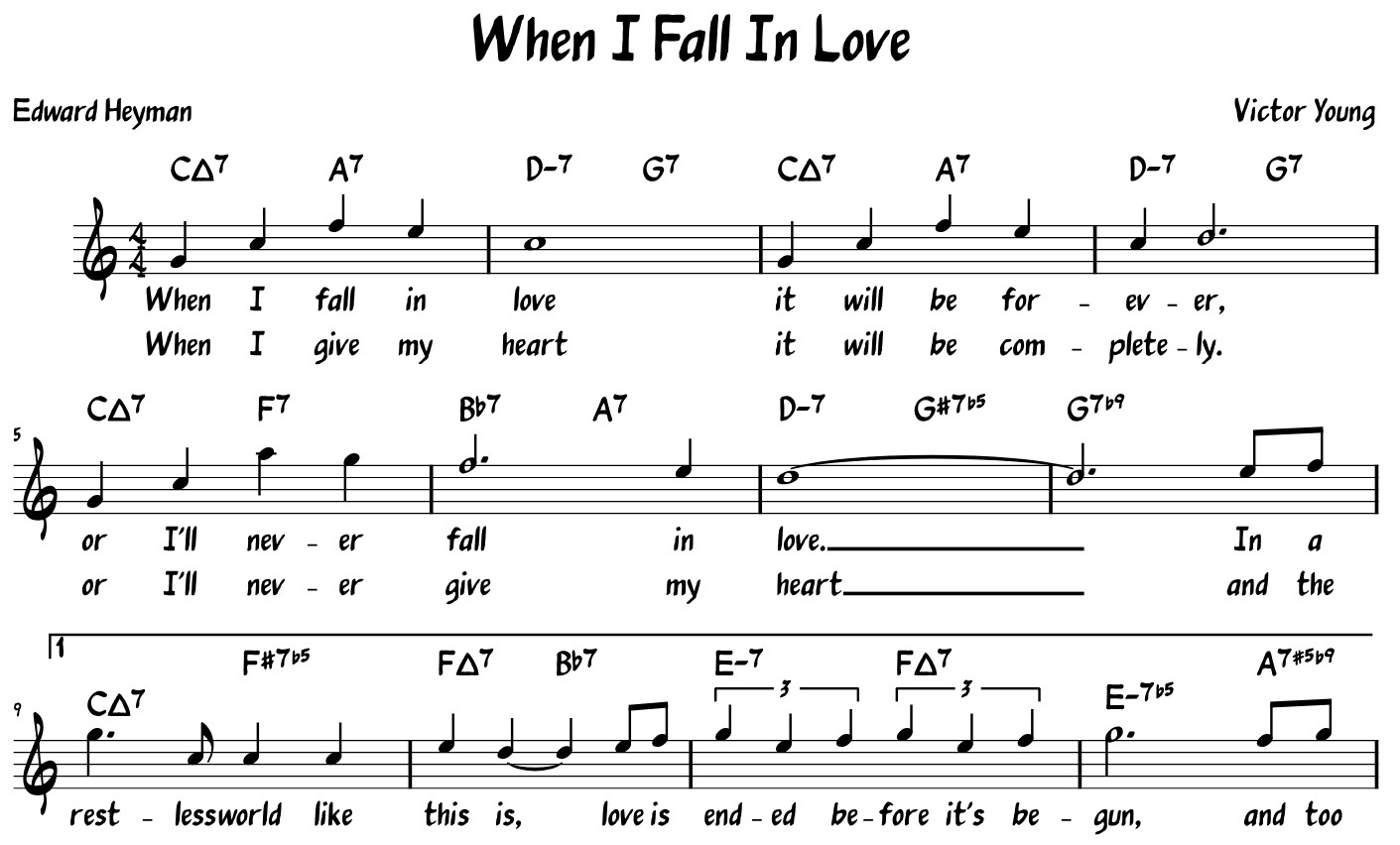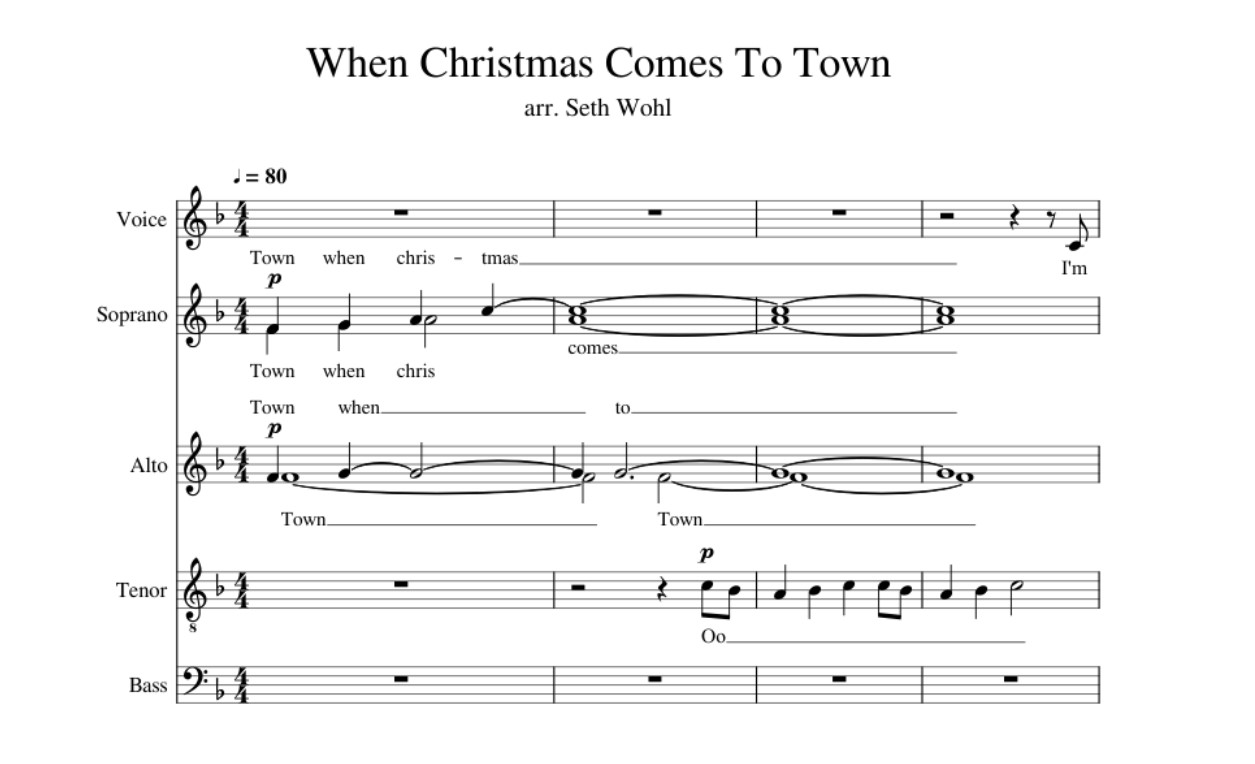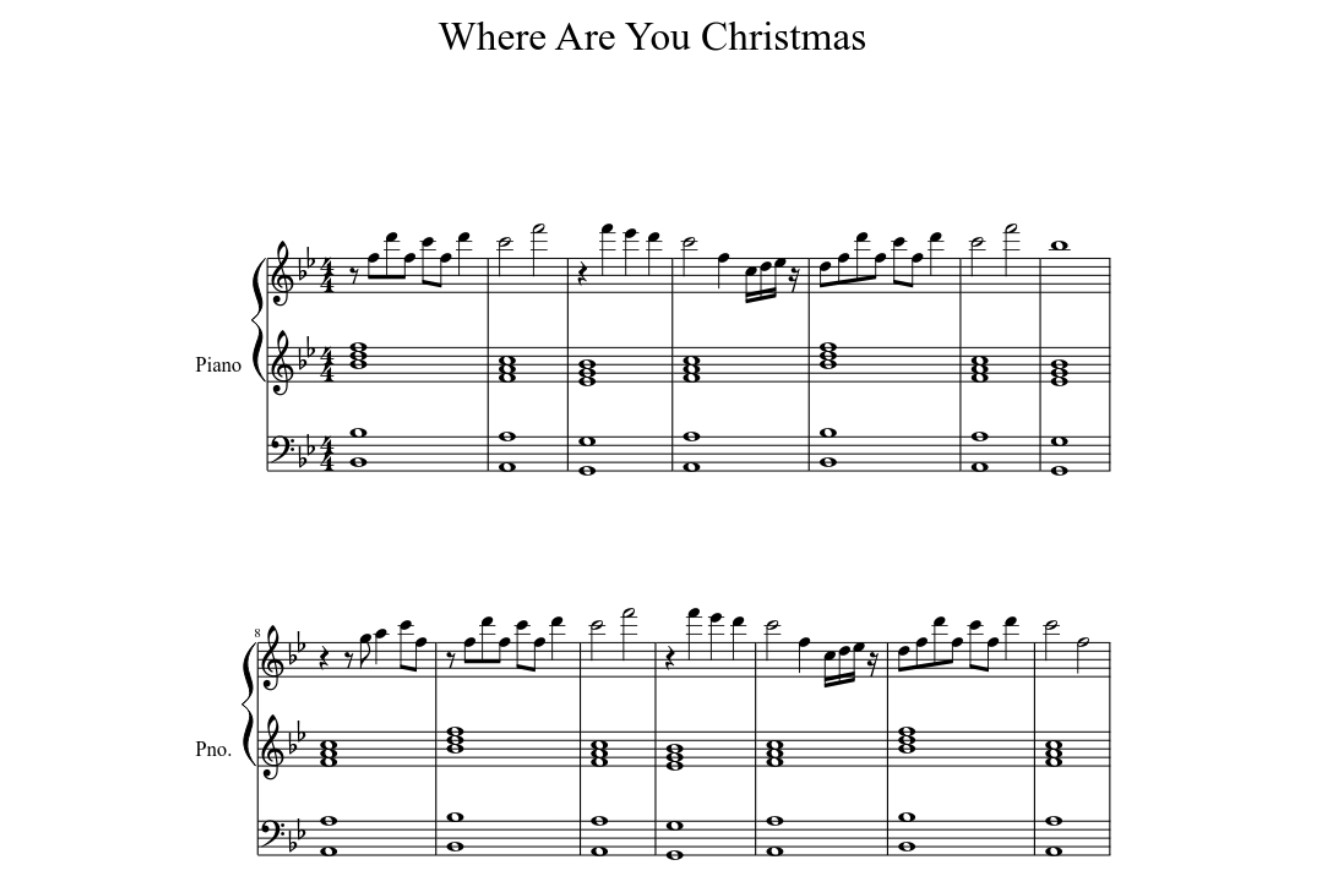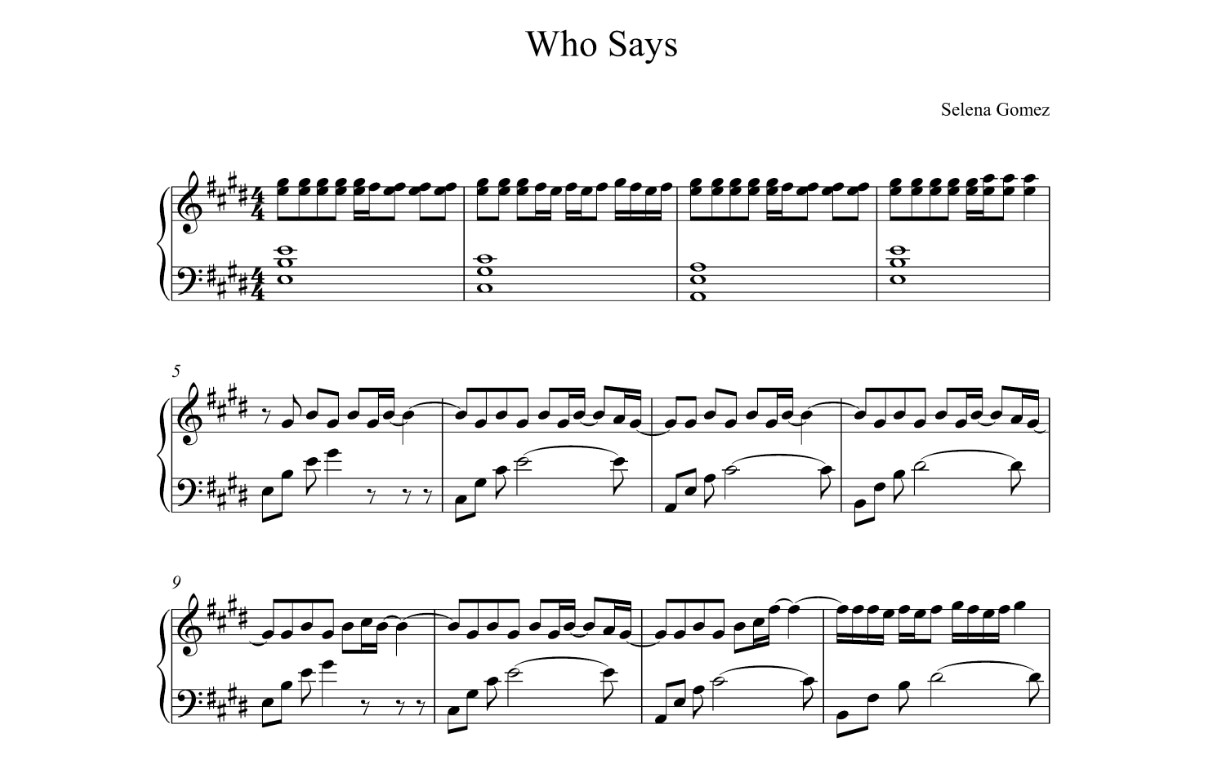Home>Production & Technology>Sheet Music>How To Get Sheet Music For Free
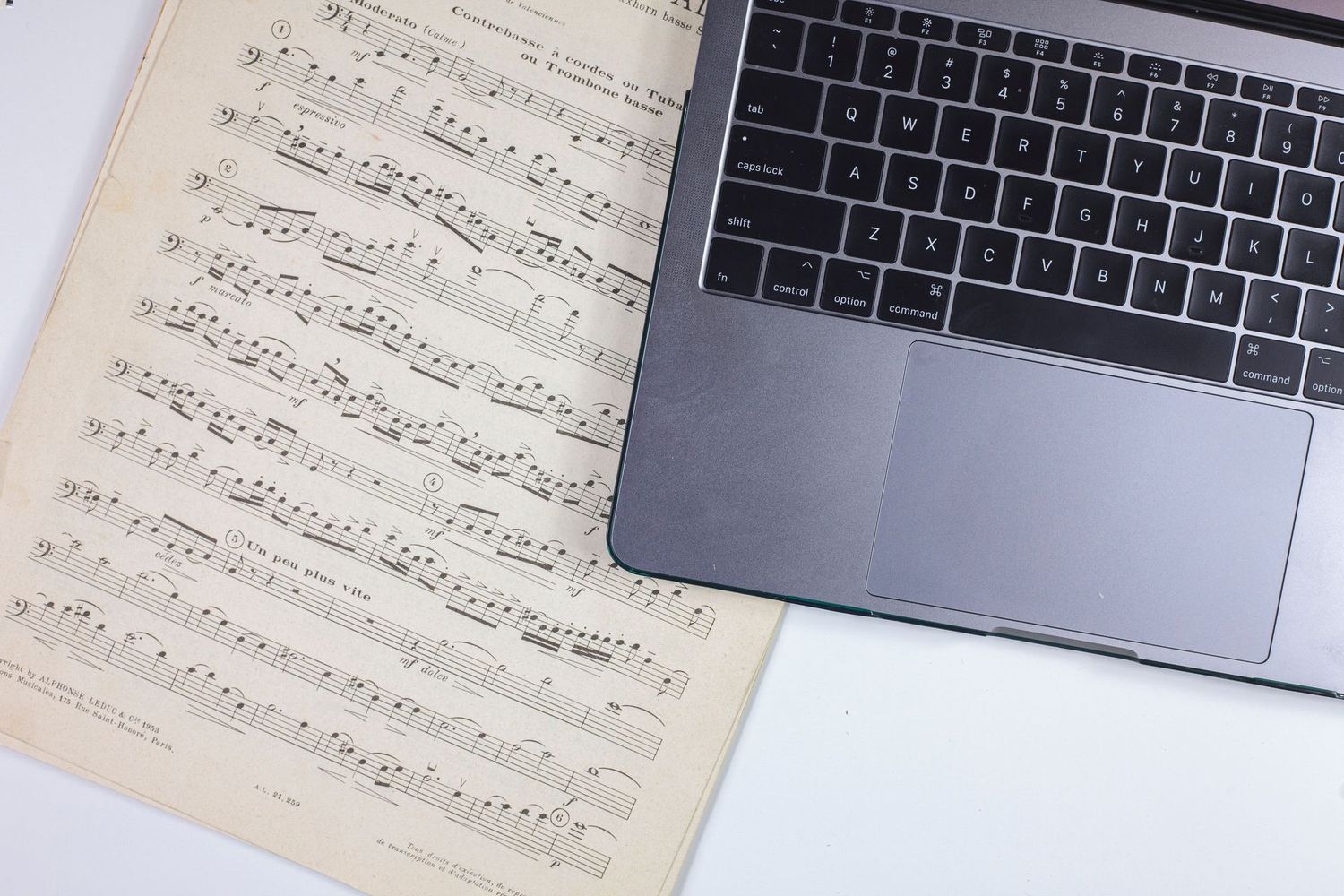

Sheet Music
How To Get Sheet Music For Free
Modified: February 22, 2024
Learn how to easily find and download free sheet music online. Explore a wide range of genres and instruments, all for free. Don't miss out on the opportunity to expand your music collection.
(Many of the links in this article redirect to a specific reviewed product. Your purchase of these products through affiliate links helps to generate commission for AudioLover.com, at no extra cost. Learn more)
Table of Contents
Introduction
Sheet music is a vital tool for musicians of all levels. It provides a roadmap for playing a piece of music, offering valuable guidance on notes, rhythm, dynamics, and more. However, acquiring sheet music can sometimes be a costly endeavor. Purchasing sheet music from traditional music stores or online platforms can quickly add up, especially for musicians on a tight budget.
The good news is that there are plenty of ways to get sheet music for free. Whether you’re a passionate beginner, an avid hobbyist, or a professional musician, this article will explore various methods to obtain sheet music without breaking the bank. From online resources to sharing platforms and public domain repositories, there are options available to suit every musical interest and genre.
In this article, we will dive into six methods to help you acquire free sheet music:
- Online Sheet Music Resources
- Music Sharing Platforms
- Public Domain Resources
- Transcribing by Ear
- Requesting from Musicians or Music Communities
- Library Resources
By exploring these methods, you will discover a wealth of sheet music resources that can inspire your musical journey and add to your repertoire without requiring a financial investment. Whether you are looking for classical compositions, popular songs, or niche genres, these methods will guide you in finding the sheet music you need.
So, let’s get started with method one: Online Sheet Music Resources.
Method 1: Online Sheet Music Resources
The internet is a treasure trove of resources, and when it comes to sheet music, there are numerous websites that offer a wide selection of free music scores. These online sheet music resources cater to musicians of all genres and skill levels, making it easy to find the sheet music you need.
Here are a few popular online sheet music platforms:
- IMSLP (International Music Score Library Project): IMSLP is a comprehensive online library that provides access to thousands of public domain music scores. It features a vast collection of classical compositions from renowned composers like Bach, Beethoven, Mozart, and more. Simply search for the desired piece and download the free PDF or MIDI file.
- Musescore: Musescore is a community-driven platform where musicians can create, share, and discover sheet music. It offers a wealth of user-generated content covering a wide range of genres and styles. Simply search for the desired piece or browse through popular uploads to find the sheet music you’re looking for.
- 8notes: 8notes is a popular sheet music website that offers a combination of free and paid sheet music. While their premium collection requires a subscription, they also have a substantial library of free sheet music available for download. You can search by instrument, genre, or skill level to find the perfect piece for your needs.
These are just a few examples, but there are many other online sheet music resources available. By exploring different platforms, you can broaden your repertoire and access a diverse range of sheet music.
It’s important to note that while these online resources offer free sheet music, they may also have premium content or subscription options for additional features. Remember to carefully read the terms and conditions of each website to ensure that the sheet music you are accessing is legal and within the public domain.
Now that we’ve explored the first method for obtaining free sheet music, let’s move on to method two: Music Sharing Platforms.
Method 2: Music Sharing Platforms
Music sharing platforms have become increasingly popular in recent years, allowing musicians to connect, collaborate, and share their music with others. These platforms can also be a valuable resource for finding free sheet music.
Here are a few music sharing platforms where you can find and download sheet music:
- Social media groups and pages: Many musicians and music enthusiasts organize themselves into groups or create dedicated pages on platforms like Facebook or Reddit. These communities often share sheet music and resources freely. By joining relevant groups or following pages dedicated to your instrument or genre of interest, you can gain access to a wealth of sheet music shared by fellow musicians.
- YouTube: YouTube is not only a platform for watching music videos but also a hub for tutorial videos and covers. Many musicians create video tutorials where they not only play a piece but also provide sheet music links in the video description. Additionally, you can find sheet music arrangements and performances by searching for specific songs or composers.
- SoundCloud: SoundCloud is primarily known as a platform for sharing audio recordings, but many musicians also share sheet music files and links in the description of their tracks. By exploring different genres and following musicians you admire, you may come across free sheet music offerings.
These are just a few examples of music sharing platforms where you can find free sheet music. By engaging with these communities and platforms, you not only gain access to sheet music but also have the opportunity to connect with other musicians and potentially collaborate on future projects.
Remember to be respectful of the resources shared on these platforms and always credit the original creators when sharing or using their sheet music.
Now that we’ve covered method two, let’s move on to method three: Public Domain Resources.
Method 3: Public Domain Resources
Public domain resources are an excellent option for finding free sheet music, especially if you’re looking for classical compositions or older music. Public domain refers to works that are no longer protected by copyright and can be freely used, modified, and distributed.
Here are some public domain resources where you can find free sheet music:
- IMSLP (International Music Score Library Project): As mentioned in the first method, IMSLP is a go-to resource for public domain sheet music. It boasts an extensive collection of classical compositions from various composers. You can browse their catalog by composer, genre, or instrument to find a vast array of sheet music.
- Project Gutenberg: Project Gutenberg is a well-known digital library that offers a wide range of public domain books, including musical scores and sheet music. While the music collection may not be as extensive as IMSLP, it is still worth exploring for classical compositions and older pieces.
- Library of Congress: The Library of Congress has a digital collection of sheet music that is in the public domain. Their collection spans various genres and time periods, making it a valuable resource for finding free sheet music.
When accessing sheet music from public domain resources, it’s essential to ensure that the specific work you are looking for is indeed in the public domain. While the majority of classical compositions from famous composers are likely in the public domain, it’s always a good practice to double-check the copyright status to avoid any legal issues.
Public domain resources offer an extensive array of sheet music that is free to use, allowing musicians to explore and perform timeless classics without any financial barriers.
Now that we have covered method three, let’s move on to method four: Transcribing by Ear.
Method 4: Transcribing by Ear
Transcribing music by ear is a valuable skill for any musician and can also be a way to obtain free sheet music. Instead of relying on existing sheet music, transcribing involves listening to a piece of music and notating it yourself.
Here’s how you can transcribe music by ear to create your own sheet music:
- Select a piece: Choose a song or composition that you want to transcribe. It can be a piece you’ve heard or something you want to learn.
- Listen and analyze: Listen to the chosen piece carefully and break it down into smaller segments. Pay attention to the melody, harmony, rhythm, and other musical elements.
- Play and notate: Use your instrument or a piano to play along with the song and figure out the notes, chords, and rhythms. Notate the music on staff paper or use music notation software.
- Refine and verify: Go back and listen to the piece again to verify your notations. Make any necessary corrections or adjustments to ensure accuracy.
Transcribing by ear can be a time-consuming process that requires careful listening and patience. However, it is a rewarding way to develop your musical ear and create your own personalized sheet music.
If you’re new to transcribing, start with simpler melodies or songs with fewer instrumental layers. As you gain experience, you can tackle more complex pieces.
Transcribing by ear not only allows you to obtain sheet music for free but also helps you develop your musical skills and deepen your understanding of music theory.
Now that we’ve explored method four, let’s move on to method five: Requesting from Musicians or Music Communities.
Method 5: Requesting from Musicians or Music Communities
One often overlooked method of obtaining free sheet music is by reaching out to musicians or music communities and requesting specific pieces. Musicians are usually passionate about sharing their knowledge and resources, and many are willing to help fellow musicians by providing sheet music.
Here’s how you can request sheet music from musicians or music communities:
- Online forums and communities: Participate in online forums or communities dedicated to music and musicians. Engage in discussions, share your interests, and ask if anyone has or knows where to find the sheet music you’re seeking. Many musicians will be happy to help or provide guidance.
- Contact local musicians or music teachers: Connect with local musicians, such as music teachers or performers, and ask if they have or can help you find the desired sheet music. They may have resources or connections within the music community that can assist you in obtaining free sheet music.
- Attend live performances or workshops: Attend live performances or workshops in your area and take the opportunity to connect with the musicians afterward. Express your interest in their performance and inquire about the availability of sheet music. Some musicians may have arrangements or transcriptions that they can provide to you.
When requesting sheet music from others, it’s crucial to be respectful and appreciative of their time and effort. Remember that they are sharing their knowledge and resources out of goodwill and a love for music.
This method not only allows you to obtain specific sheet music but also helps foster connections within the music community and can lead to valuable collaborations or mentorship opportunities.
Now that we have covered method five, let’s move on to method six: Library Resources.
Method 6: Library Resources
Libraries are often an underrated resource when it comes to finding sheet music. Public libraries, university libraries, and music libraries house extensive collections of sheet music that are available for loan or study within the library premises.
Here’s how you can utilize library resources to access free sheet music:
- Local public libraries: Visit your local public library and explore their music section. Many libraries have a dedicated music collection that includes sheet music for various instruments and genres. You can borrow these sheet music books and make photocopies of the pages you need.
- University or college libraries: If you have access to a university or college library, you’ll likely have even more extensive sheet music resources at your disposal. University libraries often have specialized music collections, including rare or out-of-print scores. Take advantage of these resources and make use of the libraries’ photocopying or scanning facilities.
- Music libraries and archives: Music libraries and archives focus specifically on music-related materials. They house rare and unique sheet music collections that may not be available elsewhere. These specialized libraries often allow researchers, musicians, and music enthusiasts to access their sheet music collections for study and research purposes.
Keep in mind that library policies vary, so it’s essential to check the borrowing and duplication policies before utilizing their sheet music resources. Additionally, respect copyright laws and only make copies for personal use or educational purposes.
Utilizing library resources not only gives you access to a wide range of sheet music but also provides an opportunity to explore different composers, styles, and eras of music that you may not have discovered otherwise.
Now that we’ve covered all six methods for obtaining free sheet music, let’s summarize what we’ve learned.
Conclusion
When it comes to acquiring free sheet music, there are numerous avenues to explore. From online resources to music sharing platforms, public domain repositories, transcribing by ear, requesting from musicians or music communities, and library resources, there is a wealth of options available for musicians of all levels and genres.
By utilizing online sheet music resources like IMSLP, Musescore, and 8notes, musicians can access a vast array of sheet music without any cost. Music sharing platforms such as social media groups, YouTube, and SoundCloud provide opportunities to connect with fellow musicians and access free sheet music shared by the community. Public domain resources like IMSLP, Project Gutenberg, and the Library of Congress offer classical and older compositions that are no longer protected by copyright.
Transcribing by ear is a valuable skill that not only allows musicians to create their own sheet music but also enhances their musical ear and understanding. Requesting sheet music from musicians or music communities through online forums, local connections, or attending live performances can lead to fruitful collaborations and access to specific pieces.
Lastly, libraries, including public libraries, university libraries, and specialized music libraries, offer a treasure trove of sheet music resources that can be borrowed or studied within the library premises.
By exploring these methods and utilizing the resources available, musicians can expand their repertoire, discover new compositions, and enhance their musical knowledge and skills—all without incurring significant costs.
Remember to always respect copyright laws, follow the guidelines provided by online platforms or libraries, and acknowledge the original creators of the sheet music.
No matter your musical journey or preferences, the availability of free sheet music ensures that every musician has opportunities to learn, practice, and perform an extensive range of repertoire.


